BMW’s plant at San Luis Potosí (SLP) has received recognition for its progress in the UN Sustainable Development Goals Challenge, which recognises companies with excellent and sustainable results in all areas of the EFQM excellence model
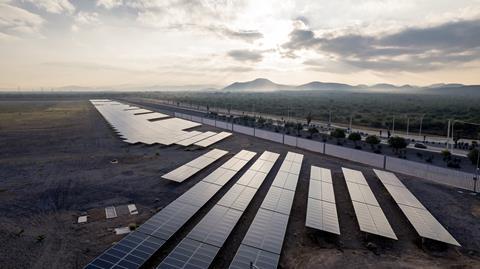
The objective of this award is to assess institutions and identify good practices, and a team of experts analyse the effectiveness with which organisations perform in meeting their strategic objectives.
“We are very proud to obtain this recognition. It is an achievement that reiterates that we are on the right track. We are firmly committed to excellence and continuous improvement. Awards like this not only demonstrate that Plant SLP is operating worldwide, but also continue to motivate us to continue implementing more projects that impact and generate positive change in the world”, said Harald Gottsche, president and CEO of BMW Group Plant San Luis Potosi.
Part of SLP’s strategy is focused on being more sustainable, which commits it to becoming the most resource-efficient plant in the BMW network. This is supported by initiatives that are based on three modules: environment, social responsibility and the Sustainable Development Goals (SDG).
BMW says that the SLP plant has managed to have an impact on the 17 sustainable development goals, grouping them into four categories under the BASE concept: Biosphere, Associates, Society and Economy. The priority actions are renewable energy, using solar panels; education, supporting local schools and apprenticeship programs, and managing water consumption.
The OEM says that to meet these objectives it has invested in several initiatives, such as the installation of 71,000sq.m of solar panels that provide 13% of the plant’s energy, wastewater treatment, correct waste management, agreements with different educational institutions and alliances with non-governmental organisations to join other social and cultural projects.
Gottsche told AMS in an exclusive interview that the plant in Mexico currently benefits from 100% renewable electricity, although it still relies on natural gas for high-energy areas such as paintshop, for which it is looking for alternatives such as biomethane. These have become strategic priorities for the OEM, and have in some cases meant investing more.
”We aren’t looking at these changes to save on cost. In the short term it is more expensive to use biomethane. In the mid-to-long term it will become cheaper and you are less dependent on sources where you might not have independence,” said Gottsche. ”If you look at Germany for example and the rising prices for electricity and natural gas due to the stopped supply from Russia, it is a good investment in the long term.”































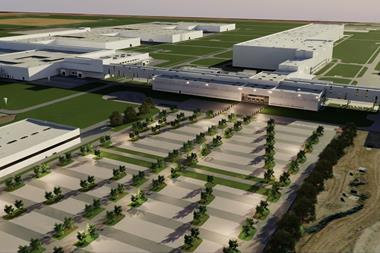
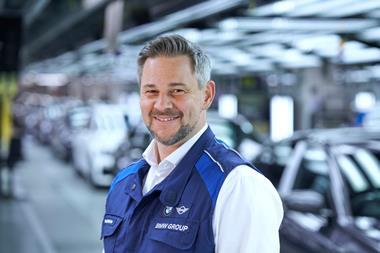
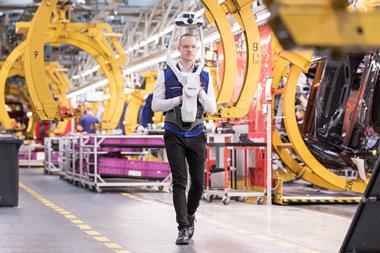
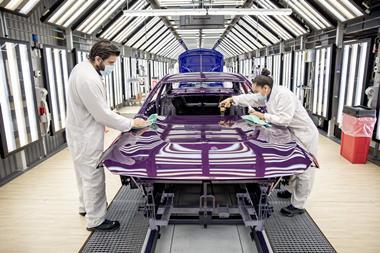
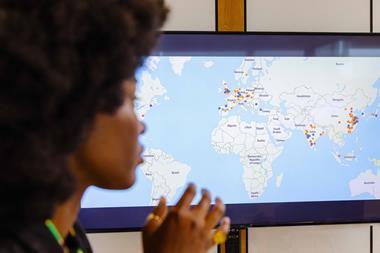
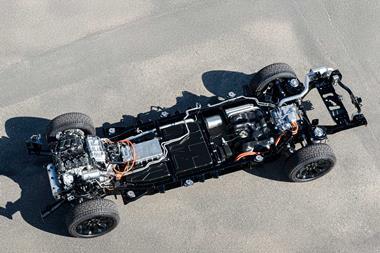



No comments yet